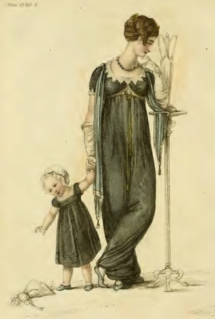Creole Widowhood in St. Eustatius
IN THE SAME SEA Postdoctoral Fellow Felicia Fricke is pleased to announce the publication of her article, Stability and Survival: Creole Widowhood in St. Eustatius, 1780s-1820s”, in The History of the Family.
This article articulates the mortality gap between non-Caribbean (foreign) men and Caribbean (Creole) women on the Dutch island of St. Eustatius in the late eighteenth and early nineteenth centuries, a time when the island had a declining economy and a shrinking white population. As European men continually entered a disease environment for which they were not equipped, a steady influx of foreigners replaced these deceased colonists. Many of these foreign men married local wives, a strategy they employed to strengthen their ties to island communities and economies. Their demise at young ages left a large number of long-lived Creole widows, with an important role in the local culture and economy. Using government death and marriage registers, probate documents, and wills, in both English and Dutch, this article follows St. Eustatius’ women through their experiences of marriage, widowhood, remarriage, and death. The island’s Creole widows became key contributors to St. Eustatius’ endurance as a colonial space, utilising advantages that unmarried women and wives did not have. Their longevity and local embeddedness allowed them to accumulate wealth, control property, exploit enslaved people, and ensure the inheritance of assets within their small community. Ultimately, this positions them as the most stable portion of island society, and therefore as more implicated in the maintenance of colonialism than we have previously understood. Here, qualitative and quantitative data therefore contribute a new perspective on colonial Caribbean mortality that describes the mortality gap as beneficial to widowed Creole women as agents of colonialism.

